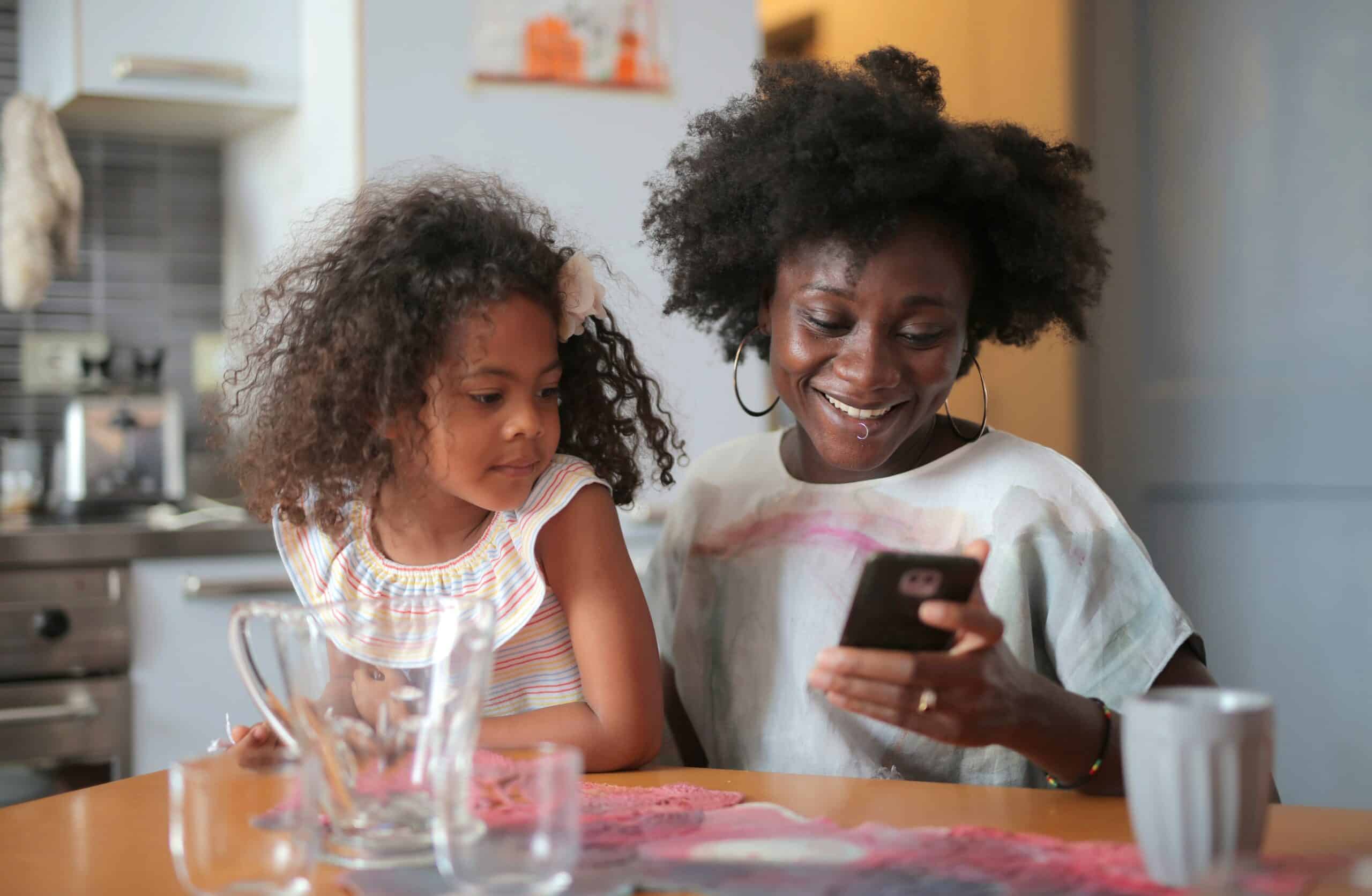We’ve been learning a lot about ALICE recently — a growing economic class full of hardworking, employed individuals that don’t meet federal poverty standards, yet still don’t have what they need to “make it” in today’s costly landscape. And you’ve also heard some statistics about ALICE households in Greater Chattanooga in particular that may feel overwhelming. United Way wants to challenge you not to back down from this — don’t let the numbers scare you away from the issue.
It’s not difficult to generate an impact in the lives of your ALICE neighbors. Here are some ways to engage in a positive way both quickly and effectively.
1. Spend an afternoon reading to and caring for children.
Research shows that early childhood education and literacy exposure is essential for later youth success in school. Unfortunately, not all families have the resources necessary to provide their children with this experience. Volunteer with a local agency that runs early education programs for children who live below the ALICE threshold to help get them the headstart they need and deserve. Some programs to check out and support or volunteer for are:
- The Bethlehem Center’s Read to Lead program – after school programming and tutoring in the Alton Park neighborhood.
- Read 20 – donate books or read to children all over the city.
- Volunteer with Chambliss Center for Children – assist with childcare and early education programming.
- Giving to support literacy year-round through Dolly Parton’s Imagination Library.
2. Get a friend signed up for easy to access, affordable healthcare programs.
Adverse experiences and living situations often contribute to health issues — unfortunately, those dealing with these circumstances are often the individuals or households who may not receive full or any health insurance coverage. You can help by spreading the word about United Way partner programs that are working to make healthcare accessible to everyone.
- FamilyWize is a program that partners will pharmacies all over the country to provide discounted prescription costs. It’s simple: you sign up, receive a FamilyWize member card, show the card at the pharmacy checkout, and receive discounted prices on your medication. Do you have a friend or neighbor who struggles to pay for a costly, critical prescription? Call them, tell them about FamilyWize, or even help them sign up.
3. Help spread the word about free neighborhood stability resources.
United Way of Greater Chattanooga works with our partners the Partnership and the Helen Ross McNabb Center to run a community program called Building Stable Lives. The program is neighborhood-based and operates in three areas: Alton Park, East Lake, and East Chattanooga. Building Stable Lives is free for participants and aims to help individuals and households living below the ALICE threshold navigate the complicated cycle of disadvantage and strain that entraps them. Participants are paired with a Life Coach who walks through the program with them, pointing them in the direction of the resources they need. BSL provides job search and preparation assistance, financial training, housing resources, counseling, education, and a greater sense of interconnected community.
If you know of or meet someone living in one of BSL’s service areas, encourage them to call 2-1-1 and ask about the program. This is often an intimidating step for an ALICE individual to take, and they may need a friend to help them take it.
4. Reach out for help, or reach out to offer help.
Everyone has a friend, a neighbor, or an acquaintance that they are aware of is struggling in some way to make ends meet. Maybe you are the person struggling to make ends meet–and that’s okay. In either situation, the first step towards a connected community is to reach out to someone. Reach out to the single mother at your child’s school and make a carpool plan. Start a meal train for your elderly neighbor who is dealing with health issues. Ask someone what they mean when they tell you they’ve had a hard week.
If you find yourself in a tough spot, don’t be afraid or ashamed to call 2-1-1, United Way’s community resource hotline. There are people waiting to listen to you and point you in the direction of help, specific to your needs.
5. Host a neighborhood cookout or potluck.
Connected communities can change everything. It’s important that we get to know our fellow community members as friends and make each other feel comfortable enough to share our experiences and struggles, no matter what our backgrounds may be. When we share life with one another, we’re able to step in quickly in our neighbors’ time of need and provide support, resources, or just company. Our neighborhoods and homes can be places of stress and tension, or they can provide a space to feel known and safe. Building friendships can draw ALICE households out of isolation and into connection–and a connected community changes everything.
